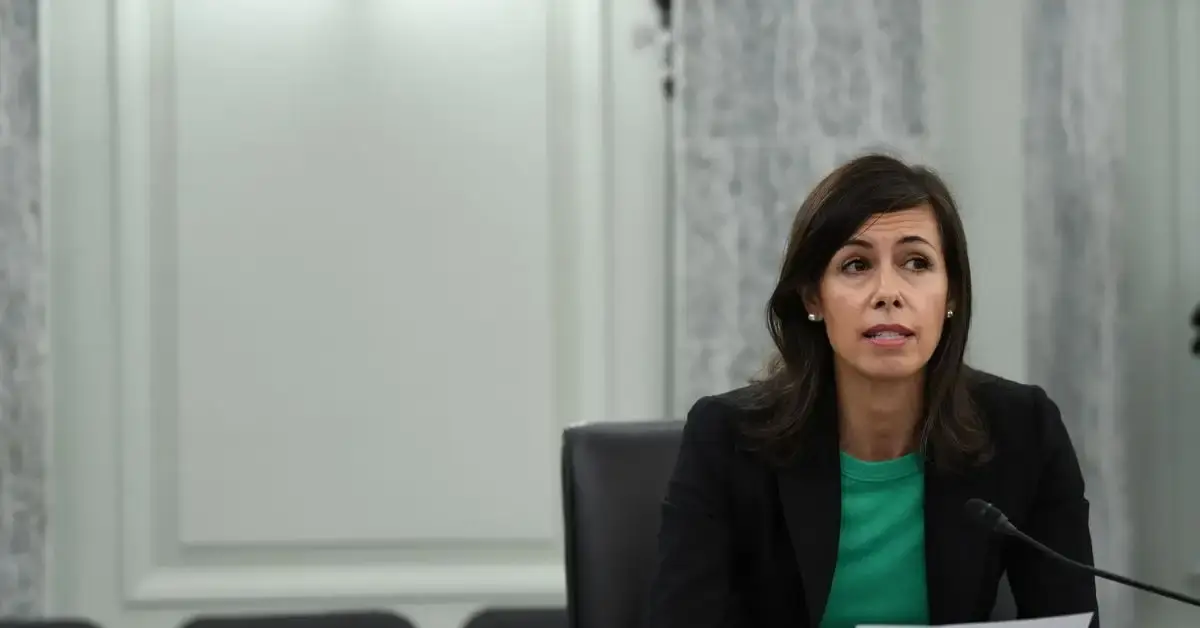Republican FCC Commissioner Brendan Carr said the plan gives “the federal government a roving mandate to micromanage nearly every aspect of how the Internet functions.”
IHO, this doesn’t affect how the Internet function, at all. Internet doesn’t just exist in the US. What it does is manage and governs the access to the Internet, and make it equaily accessible, within US jurisdiction. Micro or not, that’s subjective.
I think that quoted comment is just a word salad with near-zero truth intended to be there in the first place.
This is a bad idea I think tbh. Unless everyone wants to pay a very large installation fee so the cable company’s installs all start profitable rather than very negative.
They won’t do that. They can’t. They won’t get any customer acquisitions like that.
The whole cancellation fee model is based on lying about pricing to trick people into exploitive pricing then robbing them when they realize the price they advertised was a lie. But the starting costs are low because they have to be for people to sign up.
This. I stopped using anything cancellation fee model in my country. My career forced me to change places, (another cancer of modern society). The fees were huge to my young self who was financially weak enough to be forced to moved.
Just buy something you can afford buying immediately. And in this remote work age, just say FU to the businesses who force you into pay huge costs like that, monetary and by other means. All done for benefiting themselves.
I mean, it’s either gonna be an up-front lump fee – which this legislation would induce – or paying in the form of a higher monthly fee over the course of the contract, which is the norm now.
I’m pretty sure that consumer preference is for the monthly fee, else so many companies wouldn’t have moved to no setup fee and amortizing the costs over a period of time.
But I’m not sure that it’s actually worse for the customer to have that up-front fee. No up-front fee plus a monthly fee is like taking out a small, unsecured loan from the service provider. In general, if you can afford to avoid taking out unsecured loans, you would probably rather.
The preference for no up-front fees matters if there are competing companies, one with an up-front fee and one without. Then the company without gets all the business. But this would ensure that all the providers have up-front fees, so it isn’t a factor from a competition standpoint. Well, maybe it’s a factor to the extent that they’re competing with Netflix or similar. But it won’t disadvantage a company against other cable companies.
I’m pretty sure that consumer preference is for the monthly fee, else so many companies wouldn’t have moved to no setup fee and amortizing the costs over a period of time.
It’s more that companies have figured out that monthly/subscription fees make them more money than lump sum, even when the product is identical. It’s why we’ve seen things like Microsoft Office 365 replace their previous single-purchase model
Do people still watch and pay for cable TV?
My understanding is that it’s popular with people who follow sports. The broadcast, everyone-sees-the-same-thing-at-one-time is a good match there.
I moved recently and decided against a cable subscription as 99% of my use was for sporting events. Since I moved a long distance my local hockey team was not going to be on TV anyway. While there are ways to watch live streams of games online the legal ways are stupid expensive and the alternatives often suffer from quality or buffering issues.
Hope gym fees get addressed at some point
🤖 I’m a bot that provides automatic summaries for articles:
Click here to see the summary
WASHINGTON, Nov 21 (Reuters) - Federal Communications Commission Chair Jessica Rosenworcel on Tuesday proposed to bar cable and satellite TV providers from charging consumers early-termination fees to exit contracts.
Rosenworcel said the commission will take an initial vote on Dec. 13 on the plan, which would also require TV video-service providers to refund subscribers if they cancel prior to the end of that billing cycle.
She cited President Joe Biden’s executive order that encourages the FCC and other agencies to take steps to crack down on what the administration calls “junk fees.”
The FCC last month voted to advance a proposal to reinstate landmark net-neutrality rules and assume new regulatory oversight of broadband internet rescinded under former President Donald Trump.
Republican FCC Commissioner Brendan Carr said the plan gives “the federal government a roving mandate to micromanage nearly every aspect of how the Internet functions.”
The FCC in June granted initial approval to a proposal requiring cable operators and direct broadcast satellite providers to specify the “all-in” price clearly and prominently for video programming service in promotional materials and on subscribers’ bills.
Saved 41% of original text.
I don’t per se have an issue with this, but one side effect is going to be that one-off costs of things like decoder boxes are gonna probably be a single lump sum up-front fee rather than amortized over the contract.
It’s also not clear to me why, if such a restriction is a good idea, it would be specific to cable service. Cell phone providers, for example, do similar things.
I don’t know how that works in the US, but in places where I lived, those boxes were leased. So that’s not gonna be up-front fee.







